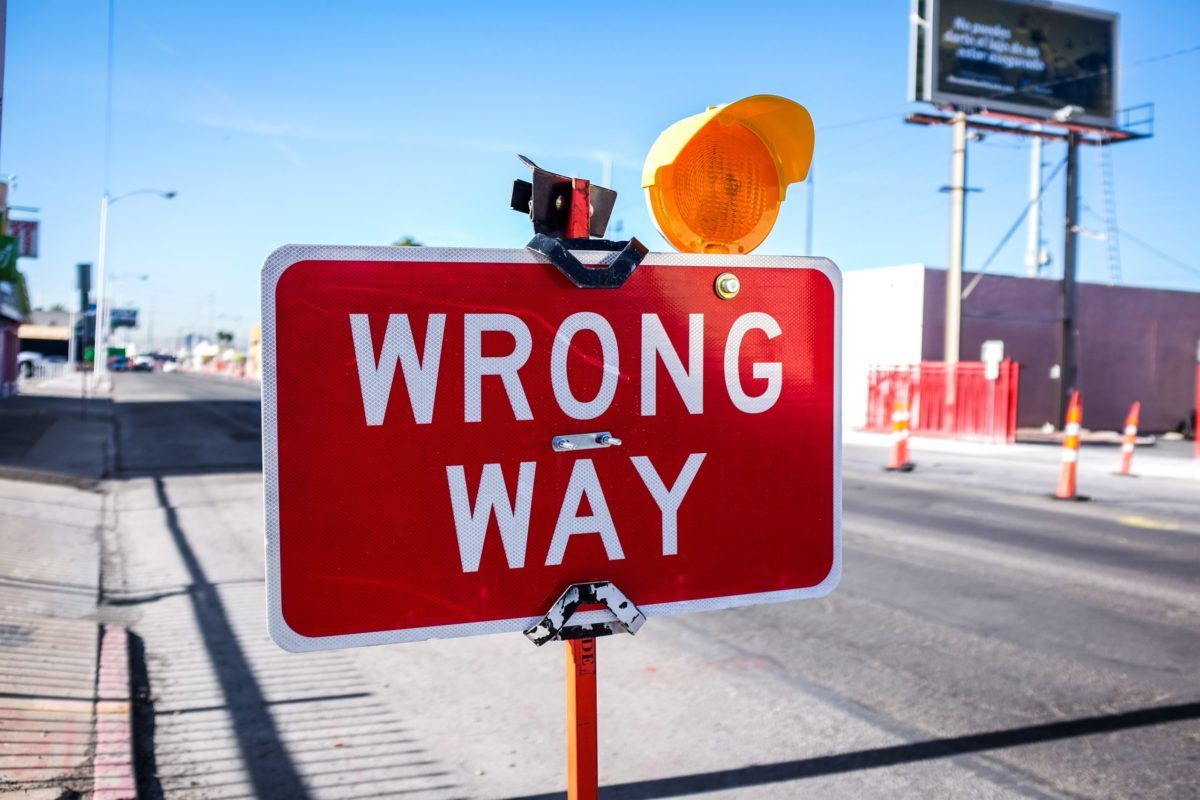Photo by NeONBRAND on Unsplash
Writing a will is probably a task you are not looking forward to, much less something you are accustomed to doing. Nevertheless, it is a crucial step to making sure that you are providing for your loved ones when you die. That said, you would want to write a valid will in order for its terms to be carried out at the time of your passing.
You may find yourself asking ‘do I need a lawyer to write a will?’ or you may have already conducted an online search to find out ‘how to write my own will’.
If you have decided to write your own will, it is important to ensure its validity. Without proper legal guidance, it is more probable to commit will writing mistakes that could invalidate your will.
To prevent this from happening, here are the common will writing mistakes in Singapore that you should watch out for:
1. Ignoring the formalities of a will
One of the most glaring will writing mistakes is not fulfiling the legal requirements for a valid will. If you are undertaking will writing in Singapore, you should be at at least 21 years of age and your will must be in writing.
After writing a will, you must sign at the foot of the will in the presence of two witnesses who must also affix their signatures in your presence. These witnesses cannot be beneficiaries of your will or the spouses of your beneficiaries.
2. Distributing assets that are not part of the estate
Joint accounts are a convenient way of managing your finances while you are still alive. It allows you to share the access of your banking account to another person, such as your spouse or child. However, the type of joint account you have determines whether or not you can pass this on to your beneficiaries.
More often than not, the balance on the joint account goes to the surviving account holder, and not towards a deceased’s estate. This is because most banks stipulate a survivorship clause on their Terms and Conditions governing joint accounts. This clause sets forth the automatic transfer of the credit balance to the surviving account holder(s) upon the death of an account holder.
Without a survivorship clause, the deceased’s estate is entitled to the credit balance (in relevant proportion) upon the death of the account holder. Even so, several parties may still bring an action in the courts to determine the rightful beneficiary to the credit balance in the joint account.
In such cases, the court will take into account the intentions of the deceased with regard to his funds. It is not an easy task and these kinds of disputes may take a while to resolve.
When writing a will, keep in mind also that CPF money does not form a part of your estate and cannot be distributed by your will. For insurance policy proceeds, your beneficiaries are determined depending on the kind of nomination that you make for your policy.
3. Forgetting to update the will
Some life changes require you to make revisions to your will, so you have to be aware of the legal implications of some of these changes.
After learning ‘how to write my own will’, it is essential to know when to update this legal document.
Bear in mind that getting divorced, getting married or having a child are examples of situations where a review may be necessary. When you have done your will writing in Singapore for example, this will is revoked upon marriage. However, the will stays in force after a divorce process.
4. Choosing the wrong executor
The executor carries with them key responsibilities in the proper distribution of your estate when you die.
Having written your will, you may already know the answer to the question of ‘what if you die without a will?’, but making a poor choice for your executor may also lead to similar problems.
Your executor does not need to be a financial or legal professional, but they must have the capacity and the willingness to carry out your wishes. Make sure that you fully understand what does an executor of will do. Placing this obligation into the hands of someone who is not up to the task could be one of the biggest will writing mistakes. This might just create a legal mess that your loved ones would have to sort out.
5. Bequeathing only physical assets
When listing your assets as you are writing a will, do not be limited by what is physical. In this day and age, online assets such as digital files, social media accounts and email accounts carry with them a value that may be worth leaving to a loved one.
If you have online accounts, it is essential to bequeath your digital information and property in your will. You can leave instructions for your loved ones to log into your accounts, get the information they need, and close those accounts.
6. Not having a residuary clause
Even with careful will writing, you may still have assets that are not accounted for. This could be a property you are not aware of or unexpected income on the assets you currently have.
Which is why it is important to include a residuary clause that describes how you want to distribute such assets. Without this clause, the rules of intestacy will be applied, and you will not have a say in its distribution.
How to write my own will
Writing a will may seem like a complicated task, but is certainly doable once you have familiarized yourself with the necessary information. If you are looking for an alternative, you can also consider a living trust fund vs will.
In most cases, a lawyer will be able to provide you with valuable legal insights that will allow you to prepare the most suitable estate plan for you.
Here at Kith & Kin Law Corporation, we offer expert advice on Will Writing Singapore with the conviction to provide the best approach based on our client’s personal circumstances and needs.
If you want professional help to avoid the will writing mistakes mentioned above, get in touch with us today.





